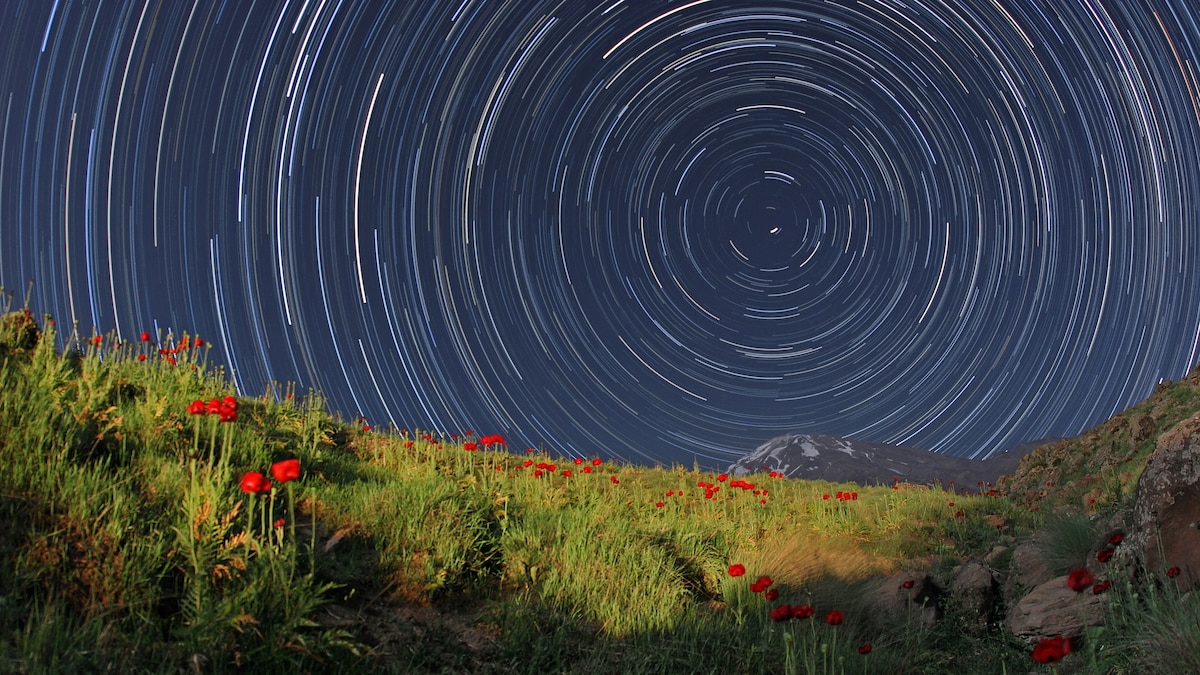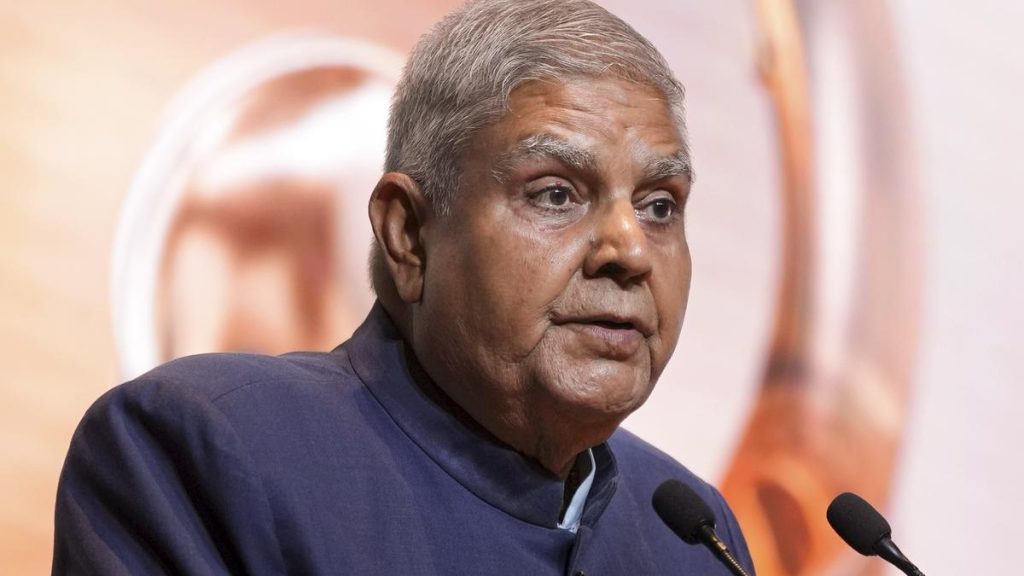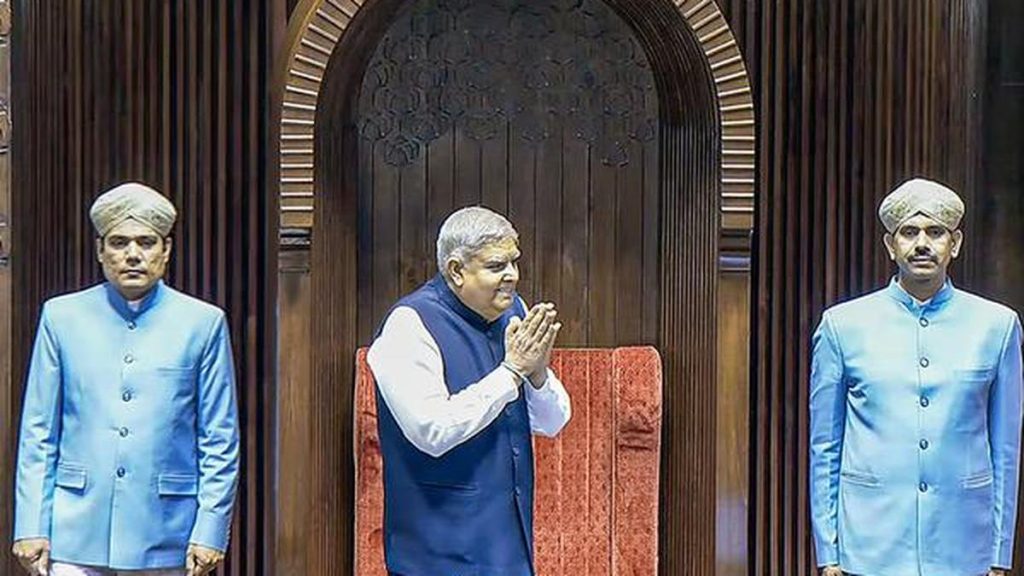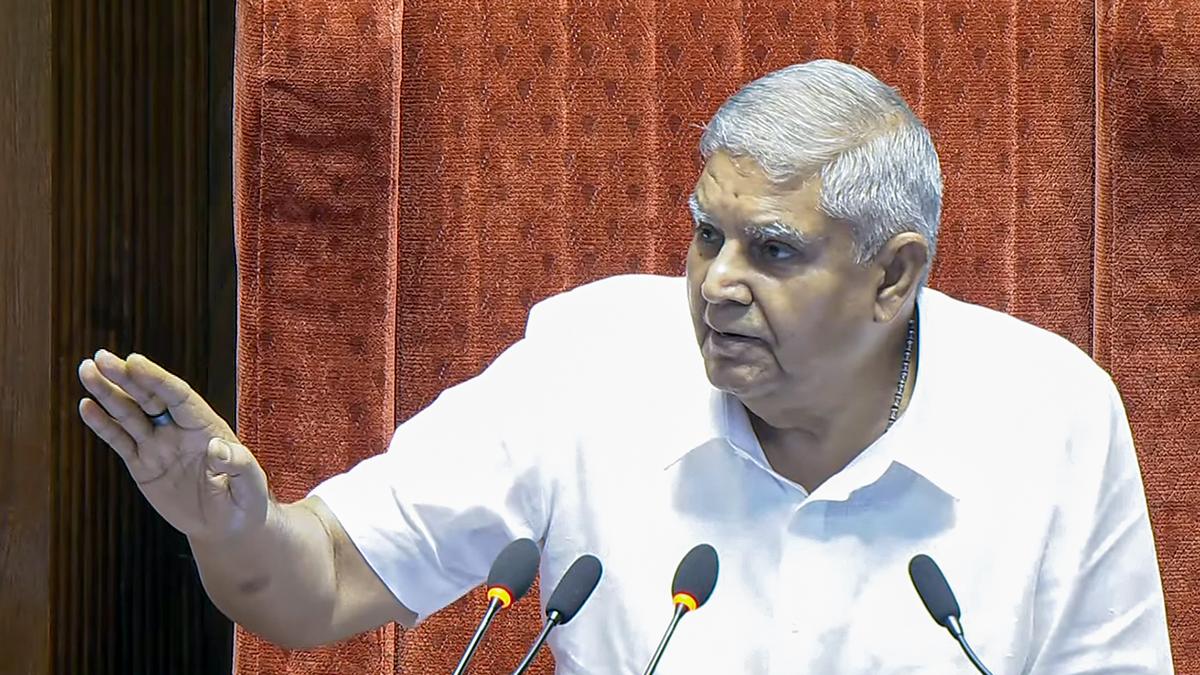Now Reading: Earth Logs Shortest Days in Recorded History This Summer
-
01
Earth Logs Shortest Days in Recorded History This Summer
Earth Logs Shortest Days in Recorded History This Summer

Rapid Summary
- July 9,2022,was recorded as the shortest day since atomic timekeeping began in 1955,with Earth’s rotation being 1.34 milliseconds faster than the standard 24-hour day.
- Additional historically short days are predicted for July 22 and August 5 this summer, according to IERS and U.S. Naval Observatory data.
- Variations in earth’s spin rate are influenced by multiple factors including atmospheric conditions, moon positioning, and complex processes within Earth’s core which is slowing down over the last five decades.
- Historically speaking, Earth’s days have been incrementally lengthening over billions of years due to tidal interactions with the moon. However, short-term fluctuations like those observed recently have occurred before (e.g., early 19th century).
- Shorter days in millisecond ranges don’t affect daily life but hold importance for fields like astronomy and timekeeping that require extreme precision.
- Atomic clocks introduced in 1955 demand periodic adjustments to synchronize astronomical time with atomic time using “leap seconds.” A potentially necesary “negative leap second” has raised concerns about its effects on software systems dependent on consistent chronological progression.
- Climate change-induced phenomena such as ice melt and groundwater depletion may contribute minimally to changes in Earth’s rotation.
Indian Opinion Analysis
India’s interest in these findings spans both scientific understanding and practical implications. With India playing an increasingly critical role in global space research (via ISRO) and technology development driven by accurate GPS applications or telecommunications systems reliant on precise timing protocols, even slight shifts highlighted here could warrant attention from policymakers or scientists working at these intersections.
The possibility of implementing a negative leap second showcases how dynamic geophysical phenomena can disrupt technological consistency-emphasizing India’s need to bolster software robustness against unforeseen events affecting global standards of timekeeping.
While regular citizens may remain largely unaffected by millisecond variations across days today-these come loaded implications longer term tighter reliance upon …assets tech climate-driven























